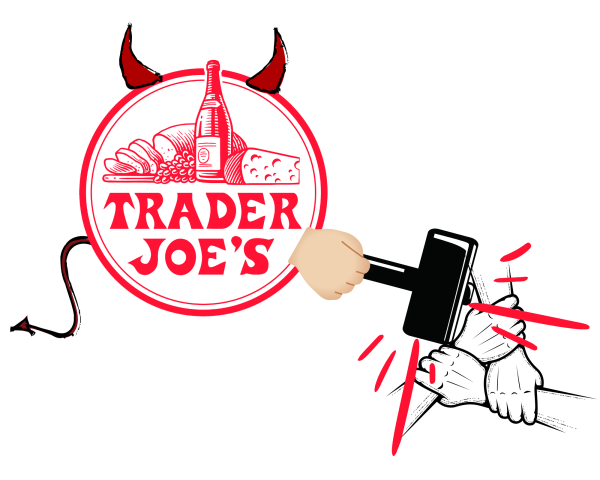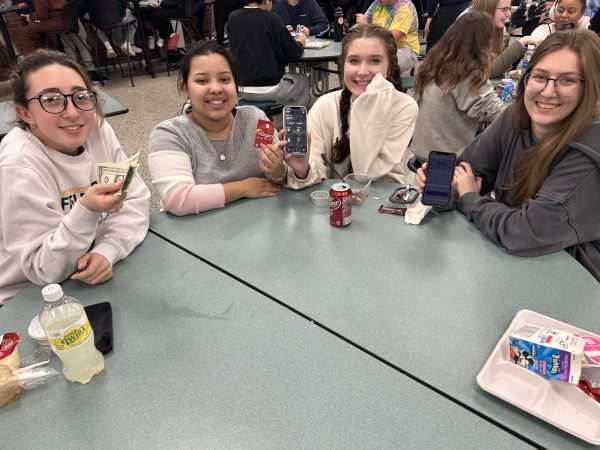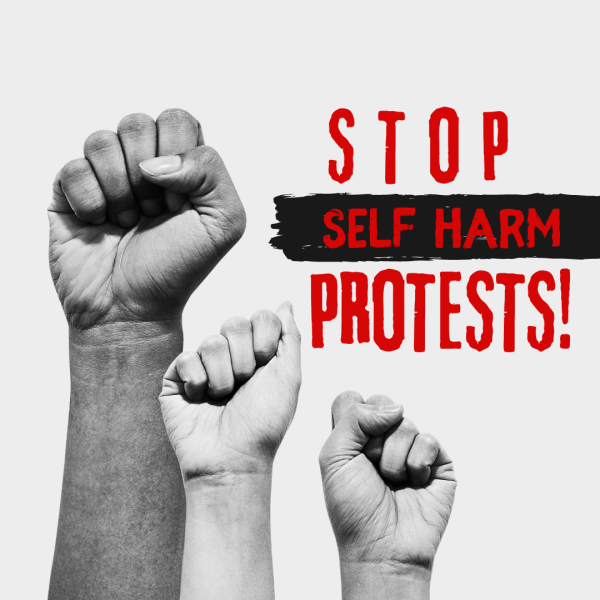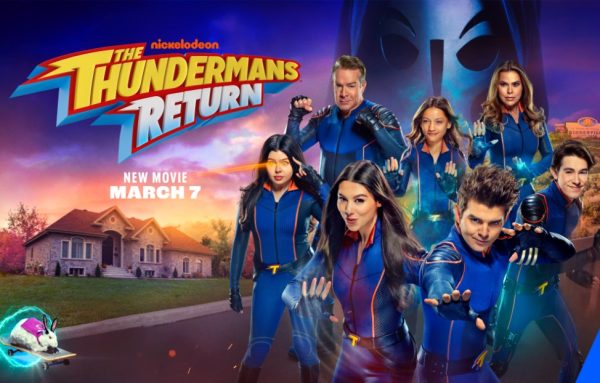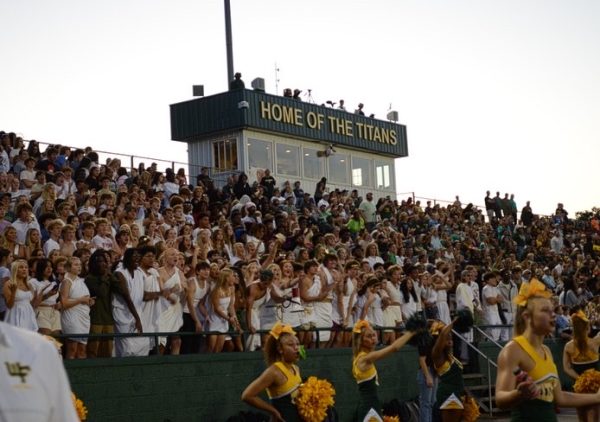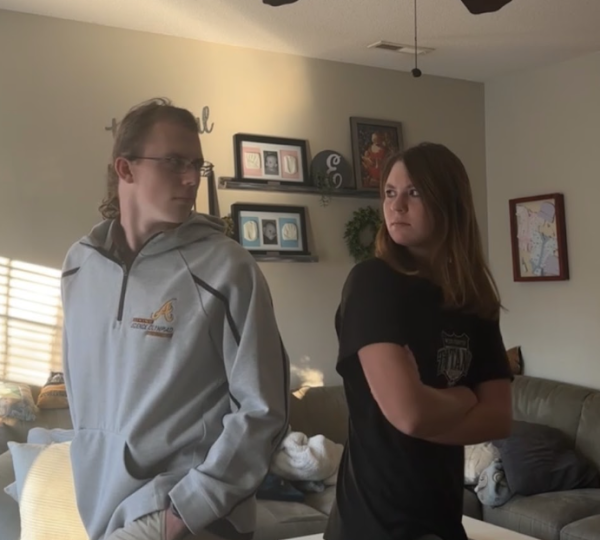Politics aren’t as divisive as people often perceive
November 26, 2019
Have you ever been the victim of the violent screaming matches you see when you accidentally turn on CNN or Fox News? Do you feel like you can’t talk about your views in public? Well, this isn’t a cheesy infomercial, but you have every reason to feel that way. The media and the government have convinced us that as a country we are more divided than ever, but in reality, Americans agree on more than what they think.
The major issues of the day are often portrayed to be 50-50, or divided along party lines, but this couldn’t be further from the case. On the issue of gun violence, 83% of the American people agree that a universal background check system should be adopted, and three in five Americans believe that assault weapons should be banned, and so on, according to an NPR/PBS Newshour/Marist poll. On corruption and taxation, 76% of Americans agree that the ultra-wealthy and large corporations are not bearing the tax burden that they should, according to a Morning Consult poll. Americans also believe that Congress and congressional leaders, on both sides, are not doing a satisfactory job, with no congressional leader averaging more than 38% job approval according to Real Clear Politics. Seven in ten Americans believe that there should be some form of national health insurance according to The Hill. In addition, Gallup has found that the current healthcare system is viewed by 70% of Americans as unsatisfactory.
This sense of disunity happens, sadly, because that’s kind of the point. The more people are made hopeless by a seemingly hopeless political climate, the less people vote, the more influence big-money interests have. With a lack of news knowledge and the inability to hold institutions like Congress and politicians to account, politicians and big money institutions can spread disinformation without any consequences. The tax code, labor protections, civil rights protections, environmental regulations, and most consequentially, campaign finance law can be re-written to defraud the middle class and lower-income folks. Therefore, feeling downtrodden and working longer hours for lower real wages, the middle and lower classes have less time or care for the squabblings of Washington politicians, who never did anything for them anyway. The cycle continues. This has been the trend over the last 40 years or so.
In addition, most media in the United States is owned by a handful of massive multinational corporations. Corporations only exist to do one thing: to make money. Thus, as you have probably seen, most media coverage tends to be like those screaming matches on TV. These occur because big headlines get huge amounts of clicks, and thus ad revenue for the corporate owners. This system of for-profit media makes truth, accuracy, and fair debate the sacrificial lamb. Therefore, corporations are encouraged to have folks who espouse crazy beliefs on their programs. The firestorm that ensues generates more ad revenue. This is the real reason so many people hate politics.
On a much, much lighter note, there is hope. To fulfill the promise of democracy, people must participate and become knowledgeable in the political process and not be dissuaded by this system. Politics, while often hard to talk about, is the most important subject of discussion, because what politicians do in city hall, or in Washington, affects our wages, working hours, civil/economic rights, and our livelihoods. This brutal cycle can end, but it’s up to us, the next generation of voters, to do it. While we do not have the amount of money the corporations do, we can vote, and we can be informed about what’s happening.

